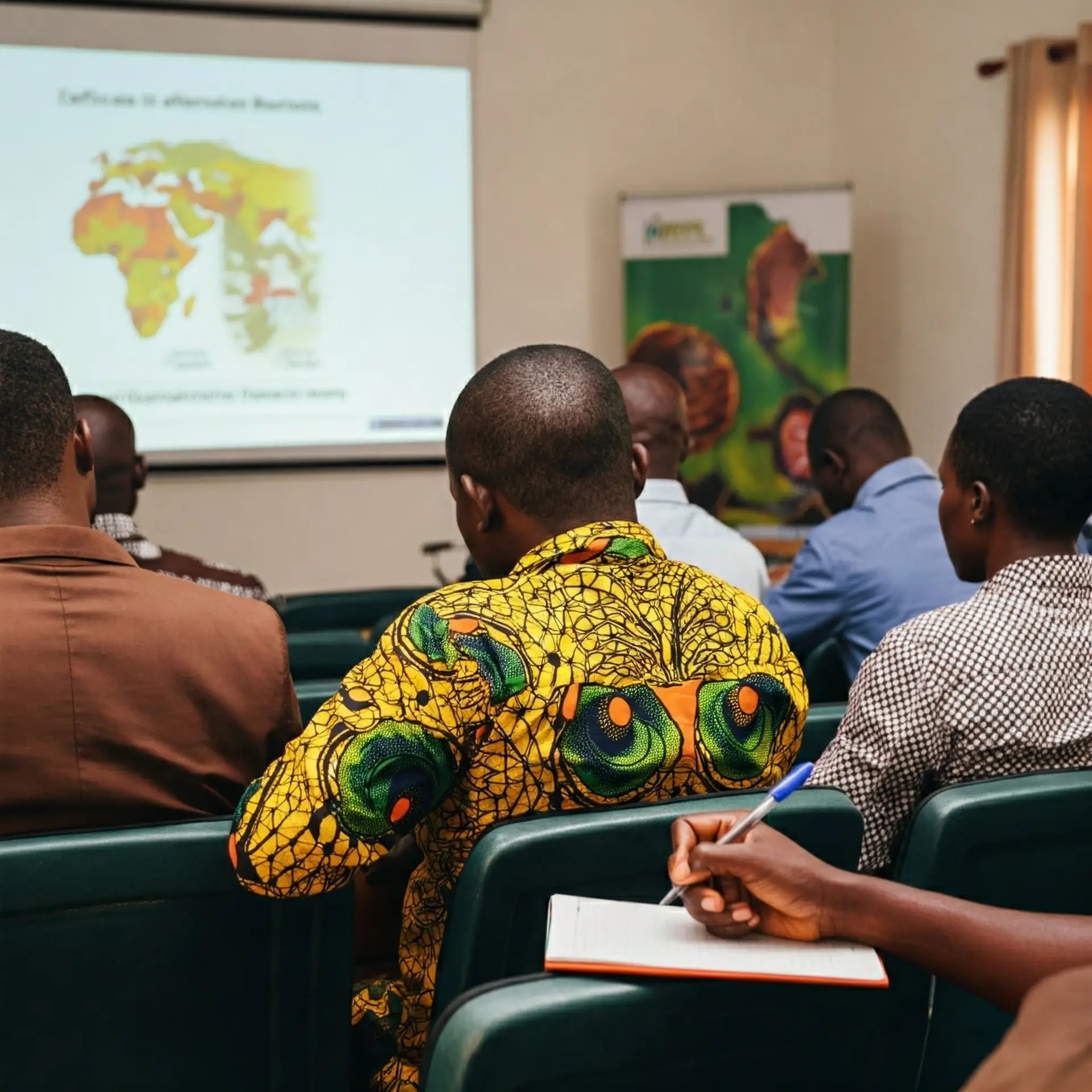
The wave of decentralization has swept across Africa, with nearly every nation recognizing its potential to enhance governance, empower local communities, and foster sustainable development. However, the rapid evolution of socio-political landscapes, economic dynamics, and technological advancements necessitates a critical review of existing decentralization policies and programs. Are they adequately equipped to address the challenges and opportunities of the 21st century?
ALG, a leading authority on governance and development, is at the forefront of this inquiry. Through comprehensive diagnostic studies of decentralization systems in various countries, ALG aims to provide a roadmap for the future of local governance in Africa. The focus is on proposing a new institutional and normative framework that aligns with current realities and anticipates future trends.
Key Areas of Focus:
- Institutional Framework: A robust institutional framework is the backbone of effective decentralization. ALG’s analysis delves into the existing structures, identifying strengths, weaknesses, and areas for reform. The goal is to create a framework that promotes clarity, accountability, and collaboration between different levels of government.
- Normative Framework: Decentralization is not merely about structures; it’s about values and principles. ALG’s research explores the normative underpinnings of decentralization in Africa, emphasizing the importance of inclusivity, participation, and responsiveness to local needs.
- Adapting Local Governance Systems: The success of decentralization hinges on the ability of local governments to deliver effective services and manage resources efficiently. ALG’s recommendations focus on strengthening local capacities, enhancing financial management, and promoting citizen engagement.
The Way Forward:
ALG’s work is not just about identifying problems; it’s about providing actionable solutions. The diagnostic studies are a crucial first step towards updating decentralization policies and programs to better serve the needs of African citizens. By proposing a new institutional and normative framework and recommending adaptations to local governance systems, ALG is contributing to the ongoing conversation about how to build more resilient, responsive, and inclusive societies in Africa.
The Importance of Continuous Adaptation:
Decentralization is not a one-off process; it’s an ongoing journey. As societies evolve, so too must the policies and programs that govern them. ALG’s commitment to conducting diagnostic studies and proposing updates to decentralization systems reflects a recognition of this dynamic reality. By staying ahead of the curve, African nations can ensure that their decentralization efforts remain relevant and effective in the face of ever-changing circumstances.
Updating decentralized policies is not an option; it’s an imperative. Through its research and advocacy, ALG is playing a pivotal role in shaping the future of decentralization in Africa. By providing a framework for reform and adaptation, ALG is helping to build a new generation of local governance systems that are better equipped to meet the challenges and opportunities of the 21st century.
